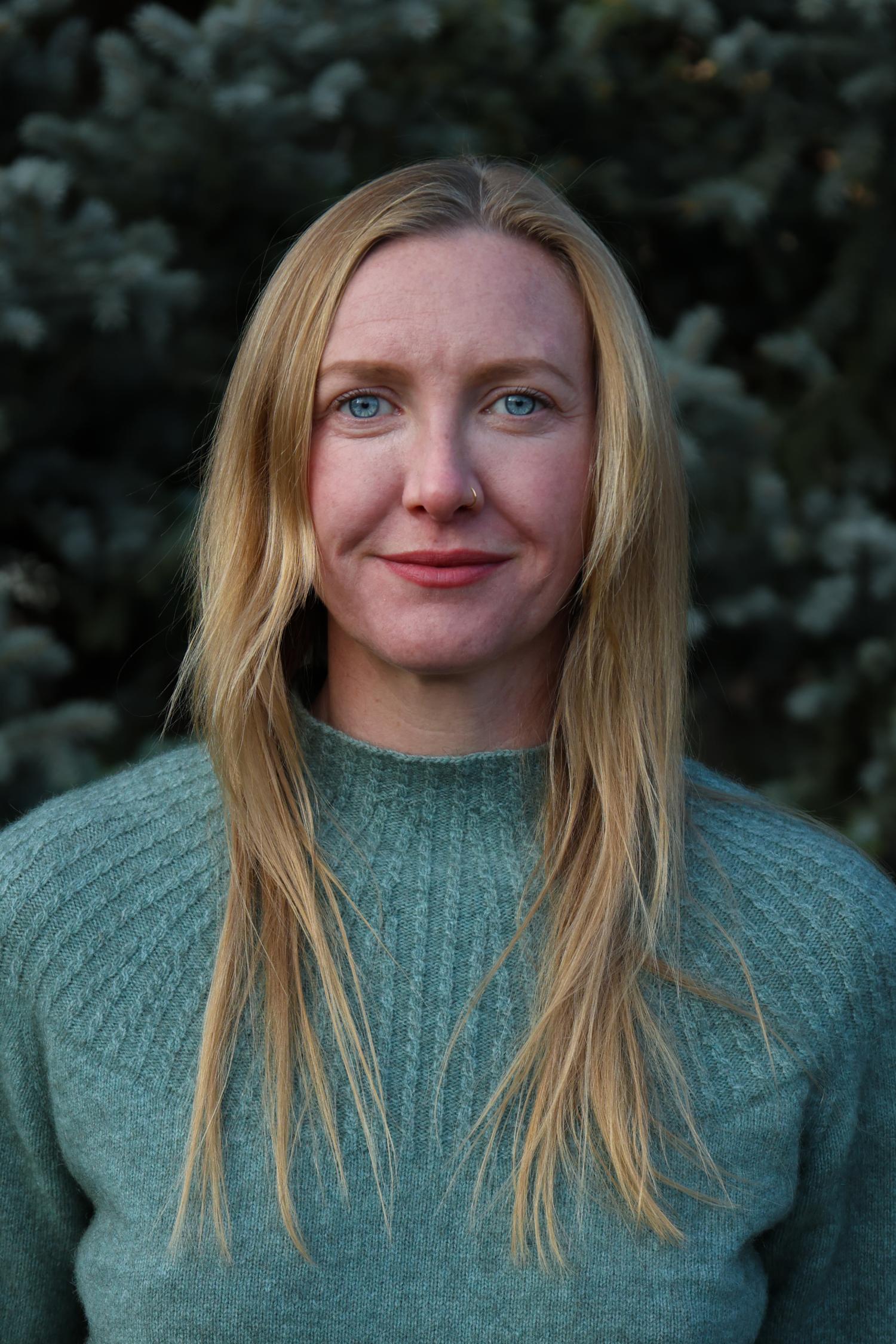Shae Frydenlund
- Teaching Assistant Professor
- CENTER FOR ASIAN STUDIES
Profile
Shae Frydenlund is an economic geographer specializing in uneven development. Her research uses mixed qualitative methods to study the formation of new economic frontiers, from the scale of the human body to the global. Her research with Rohingya Burmese meatpacking workers examines how refugees are incorporated into the global economy, and with what effects. Shae’s current research examines the political economy of renewable energy transitions, focusing on geothermal development. Shae teaches courses on development and climate change in Asia and is the author of articles published in New Political Economy, Environment and Planning A: Economy and Space, and Political Geography, among others.
Research interests:
Labor, development, racial capitalism, gender, displacement, refugees, food systems, climate justice, Myanmar, Indonesia.
Selected publications:
Frydenlund, Shae. (2023). "Refugee-Ness and Exploitation: A Feminist Geography of Shitty Jobs." Geopolitics, online ahead of print.
Frydenlund, Shae and Elizabeth Dunn. (2022). "Refugees and racial capitalism: meatpacking and the primitive accumulation of labor." Political Geography, 95.
Frydenlund, Shae and Wai Wai Nu. (2022). “From Mutual Aid to Charity: Violence and women’s changing interethnic relationships in Rakhine State.” In Waves of Upheaval: Gendered Transformations and Political Transitions,” Edited by Jenny Hedstrom and Elizabeth Olivius. Copenhagen: NIAS Press.
Frydenlund, Shae and Shunn Lei. (2021). “Double Exclusions, Double Shifts: Muslim women’s work practices in Yangon, Myanmar.” Independent Journal of Burmese Scholarship, (1).
Frydenlund, Shae. (2020). “Motherhood, home, and the political economy of Rohingya
women’s labor.” In Unraveling Myanmar’s Transition: Progress, Retrenchment, and Ambiguity Amid Liberalisation. Edited by, Pavin Chachavalpongpun, Elliott Prasse-Freeman, and Patrick Strefford. Kyoto University Press.
Frydenlund, Shae. (2018). Situationally Sherpa: race, ethnicity, and the labour geography of the Everest industry. Journal of Cultural Geography, 36(1).


